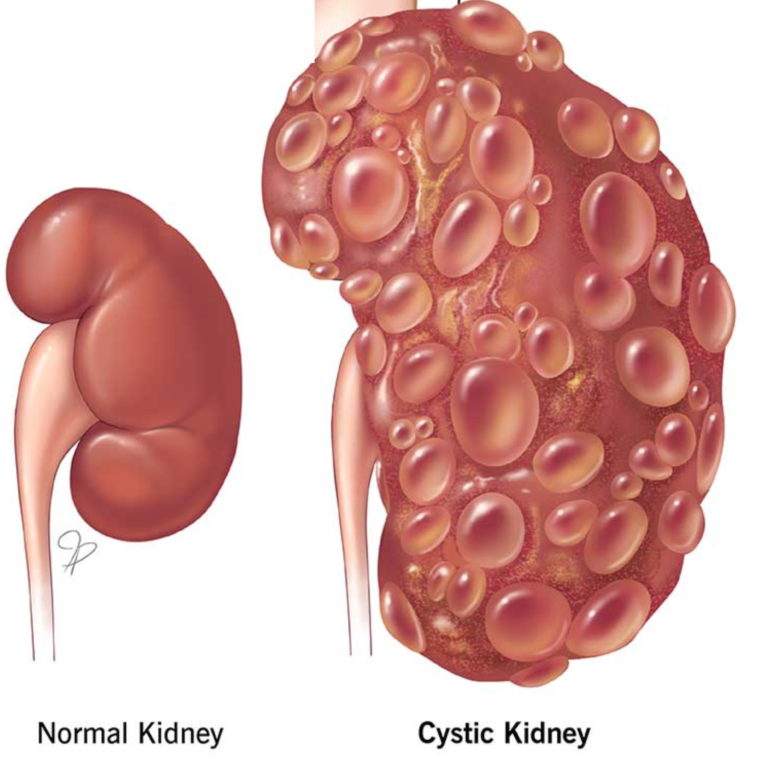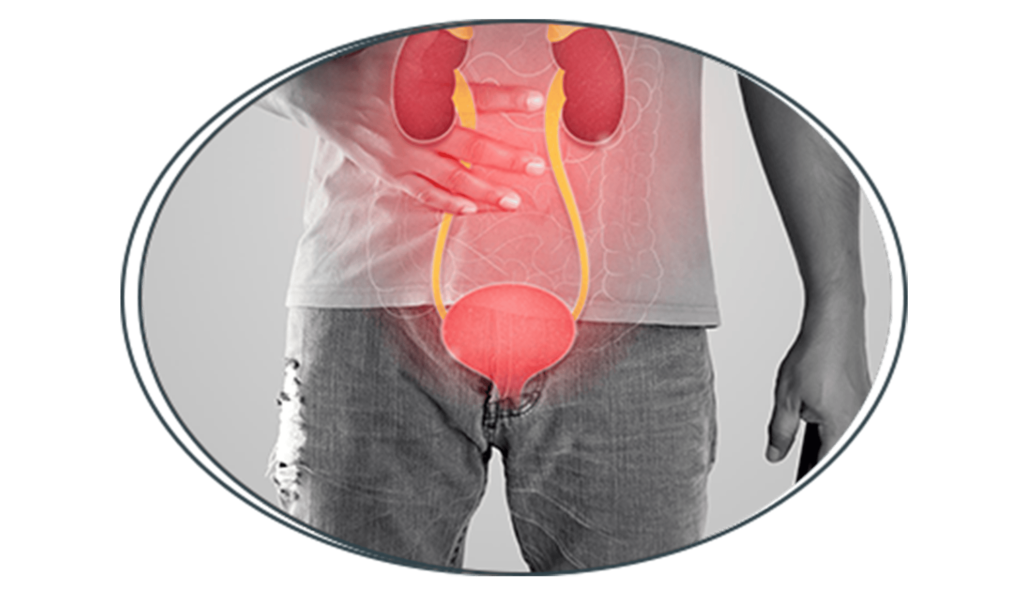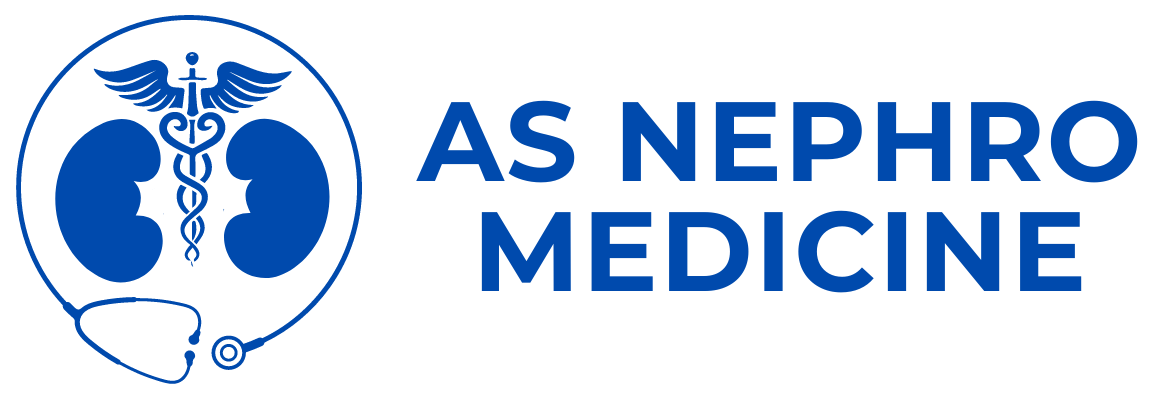

What is Cystic Disease?
Cystic disease refers to a group of disorders characterized by the presence of cysts—fluid-filled sacs—within an organ. These cysts can occur in various organs, including the kidneys, liver, and ovaries. In the kidneys, cystic disease often refers to polycystic kidney disease (PKD), a genetic disorder that causes numerous cysts to form in the kidneys, potentially leading to kidney enlargement and impaired function over time. Cystic diseases can vary in severity and may be congenital (present from birth) or acquired later in life.
Causes of Cystic Disease
- Genetic Mutations: Many cystic diseases, such as polycystic kidney disease (PKD), are caused by inherited genetic mutations. These mutations affect the normal development and function of cells, leading to cyst formation.
- Developmental Issues: Congenital cystic diseases can occur due to developmental issues during fetal growth, resulting in the formation of cysts in organs like the kidneys or liver.
- Obstruction: Blockages in ducts or tubes within an organ, such as bile ducts in the liver or urinary ducts in the kidneys, can lead to fluid accumulation and cyst formation.
- Trauma or Injury: Physical injury to an organ can sometimes result in the development of cysts as a response to tissue damage.
Symptoms of Cystic Disease
- Back or flank pain (pain in your back or sides).
- Burst or bleeding cysts.
- Difficulty urinating, or not producing much urine.
- Enlarged kidneys (more common in PKD) or kidney masses.
- Headaches.
- Hematuria (blood in the urine).
- High blood pressure.
- Kidney infections.

FAQs
Diagnosis typically involves imaging studies such as ultrasound, CT scans, or MRI to visualize the cysts. Blood tests, urine tests, and genetic testing may also be used to identify the underlying cause and assess organ function.
There is no cure for many types of cystic diseases, but treatments are available to manage symptoms and slow disease progression. These treatments may include medications, lifestyle changes, and, in some cases, surgery to remove problematic cysts or relieve complications.
Treatment depends on the specific type and severity of the disease. Options may include:
- Medications to control symptoms such as pain and high blood pressure
- Antibiotics for cyst infections
- Surgery to remove large or problematic cysts
- Dialysis or kidney transplant for advanced kidney disease
- Hormonal treatments for ovarian cysts
The impact on daily life varies. Some individuals may have mild symptoms that cause little disruption, while others may experience significant health issues requiring regular medical care. Managing the disease often involves regular monitoring and lifestyle adjustments to maintain health and manage symptoms.
Lifestyle changes that may help manage cystic diseases include:
- Maintaining a healthy diet
- Staying hydrated
- Regular exercise
- Avoiding smoking and excessive alcohol consumption
- Managing blood pressure and stress levels
- Following medical advice and treatment plans
